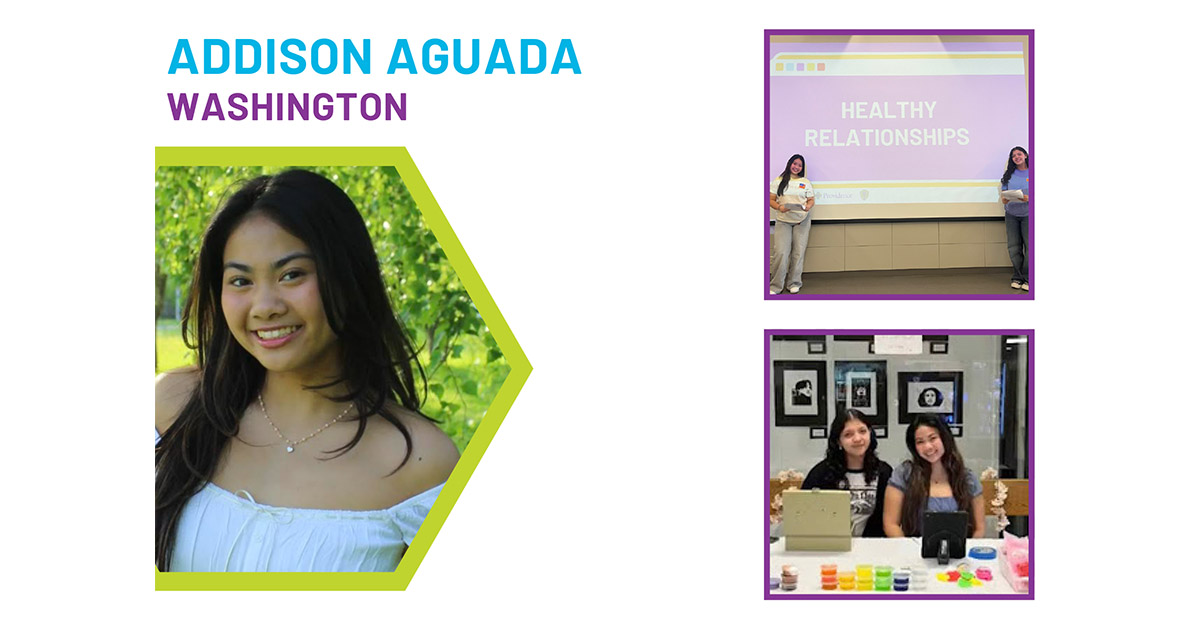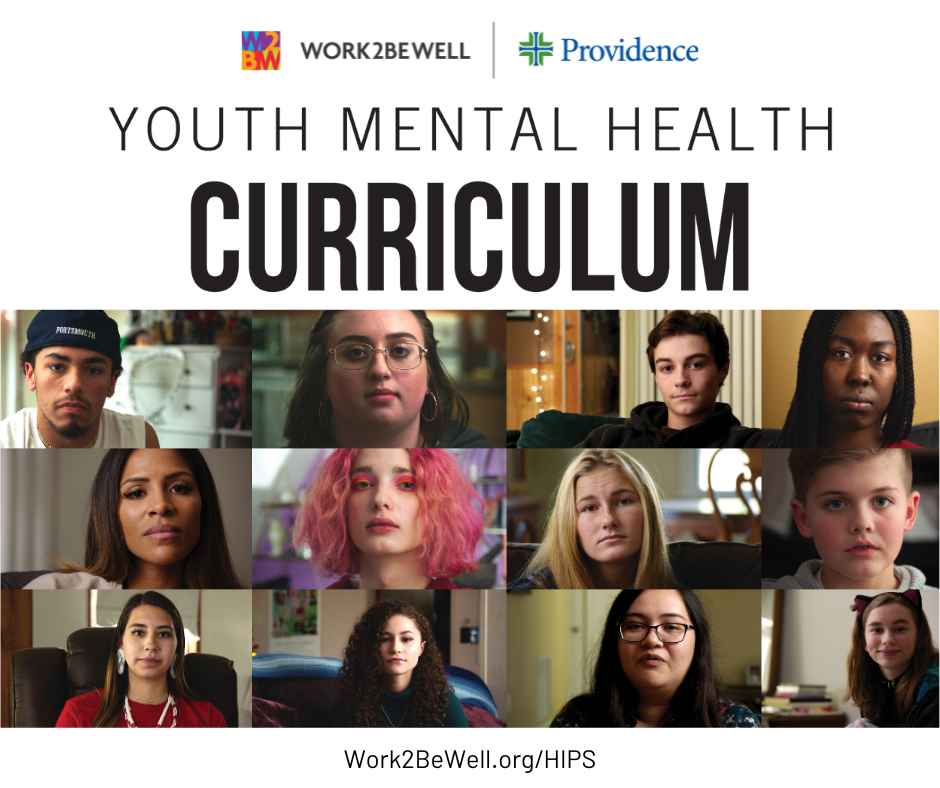As a society we often try to avoid talking about sex too much or too openly and this extends to consent. Sometimes we may feel like we lack the words to explain what we do want and what we don’t want, or even that we lack the space to figure it out. As the national conversation about consent grows, we’re learning that most young people understand what consent is, and that it’s important, but they still don’t always know how to put that information into practice. Some of the most common concerns are about feeling awkward, or killing the mood.
So, let’s talk about consent, and let’s get over the worry of being awkward. Read on for more of our thoughts about consent, communication, and embracing awkward.

Embrace Awkward
Often times, when we feel awkward, it’s because we’ve entered a new and unknown situation, but we still want everyone else to think we know just what we’re doing. The best way to dispel that awkwardness is to forget about trying to seem cool; instead, we just need to be genuine and honest.
In fact, people often find that asking for consent actually clears up awkward feelings, by making everything less confusing. With clear, verbal consent, you don’t have to try to guess what your partner is thinking, or pretend you can read minds.

Asking for consent isn’t just asking for permission
Asking for consent is more than just a matter of checking the boxes. Instead of thinking of consent as asking for permission, try thinking of it like this: by asking for consent, you are trying to figure out what your partner wants to do, not what they’ll permit you to do. Are they having fun? Are they into this? Do they feel safe? Talking about consent with your partner is making sure you’re both having the experience you hoped to have. It doesn’t have to be a big conversation. It doesn’t have to bring everything to a screeching halt. Just keep talking as you go. Check-in. Is this ok? Are we moving too fast? Where should we go next?

Forget representations of sex and romance in movies
We often look to representations of dating and sex in movies to figure out how things are supposed to go, even if that’s a subconscious process. But movies don’t always look like real life! In fact, they hardly ever do. For example, James Bond is a very poor role model. Real life is much more nuanced than the silver screen. So, forget what the movies say, because they won’t tell you what your partner wants and doesn’t want. To figure that out, you just have to ask your partner.

Consent goes both ways
We often talk about consent as if it’s one partner who makes all the sexual advances, and another partner who is advanced upon, and that it’s a one-way street. But sex is often more nuanced than that. Try not to think of consent as always something one partner has to ask for and that the other partner has to give. Think of it as a mutual, open, and ongoing conversation in which both you and your partner can voice your likes, dislikes, comfort-levels, boundaries, and enthusiasm.
And, if things start moving too quickly for you, it’s always, always, always appropriate and good to say, Let’s slow down. If you and your partner aren’t comfortable enough to talk about sex, then chances are you’re not comfortable enough with each other to have an enjoyable sexual experience either. So, take your time. Be comfortable with each other. There’s no rush.
We want to know what consent means to you, and how you talk about it. Share your experiences and join the conversation on social media using the hashtags #BeWell, #BeHeard, #BeThere.
For more thoughts and resources on talking about consent, check out these pieces from The New York Times, The Washington Post, and Huffpost.



